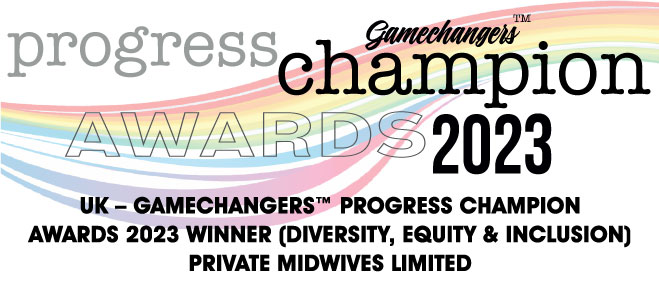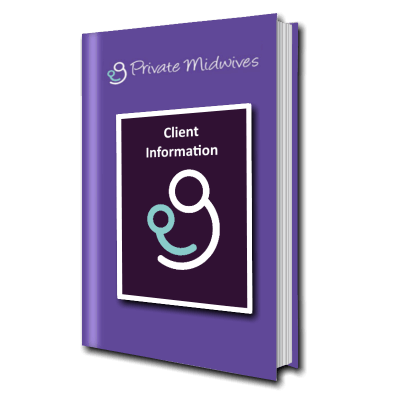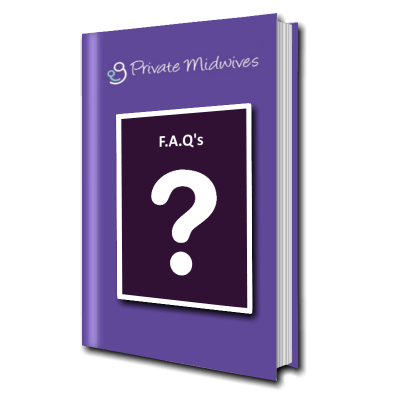- Home
- Postnatal Care
- Baby Screening
Baby Screening
Screening tests are designed to provide reassurance that all seems to be going well, and highlight those babies who need looking at or monitoring more closely.
During your pregnancy, you will be offered several checks and tests to “screen” your baby for a variety of conditions.
Antenatal Screening for your baby
We offer the NIPT test to screen for the 3 most common chromosomal disorders – Find out more about NIPT tests here
Other blood tests are also offered to screen for conditions that can impact on your baby such as Rhesus disease, Hepatitis or Thalassaemia. Find out more about private blood tests here
Your Ultrasound scans also screens for many conditions. Click here for more information on scans
In addition, your midwife will offer to measure your abdomen when she visits you for antenatal appointments and plot this on an individualised growth chart, unique to you, so that the growth of your baby can be monitored.
Postnatal Screening
Once baby is born, the screening doesn’t stop. Several screening checks are recommended as part of the National Screening Programme. We have a detailed leaflet on screening tests here
Apgar Score
When your baby is born, the midwife undertakes a screening assessment to check how they are copping and adjusting, and if they need any support. This is called an APGAR score. The score is out of a maximum of 10 and looks at baby’s colour, heart rate, activity, breathing and response to stimulation. The score is completed at 1 minute, 5 minutes and 10 minutes of age. If the score is low, the midwife can support your baby, perhaps with some oxygen for a short while until they adjust to breathing air.
Initial examination of the new-born
Your midwife will also undertake an initial examination of your baby, usually within an hour ow two of birth. This includes a “top to toe” check, looking at their eyes, mouth, spine, weighing them and of course – counting those little fingers and toes.
NIPE Examination
The new-born and infant physical examination (NIPE) is normally completed within 72hrs of birth. Your private midwife may be trained to undertake this test herself, or she may ask a colleague to undertake it.
The NIPE screens babies for conditions relating to the:
- eyes
- heart
- hips
- testes (if applicable)
Hearing test
About 1:500 babies have hearing loss. A hearing test is offered for all babies, ideally within the first 5 weeks but this can be done up to 3 months of age. This test needs to be done by a specially trained audiologist and you will need to attend a hospital or clinic. Your private midwife will ensure the referral is made for you and you have an appointment before she discharges you.
New-born blood spot screening test (NBBS)
This is a blood test taking a small amount of baby’s blood from a heel prick. In the UK the test is taken on day 5 after birth. In Ireland it is taken between 72 and 120hrs after birth. The test screens for 9 rare, but serious conditions. We have a further information leaflet here. Results are normally back by the time your baby is 6 weeks old so your health visitor or public health nurse will contact you with the results.
Weight, growth and development
At each appointment, your midwife will check baby over, looking at their physical condition and behaviour. Some babies develop jaundice. This is a yellow tinge to the skin and eyes. This can be completely normal as baby adjusts to independent life. In some cases, it can be more prominent, and baby needs treatment under UV light.
Your midwife will also ask about wet nappies, poo nappies, feeding and she may offer to weight baby. All of these checks are to ensure your baby is adapting and thriving; any problems can be detected early, and a plan made to rectify them.
More On Postnatal Care
Client Information Booklet
If you would like to know more information of what you can expect from us before making a booking please have a look at our client information booklet
See the Resource Library
Take a look at our resource library for guides on planning your birth, antenatal & postnatal plans of care, water births and much more.
Private Midwives Awards
We have been awarded the Winner of the Best Midwifery Service 2024 at the M&A Today Globabl Awards
We're also delighted to have been announced as the winner in the Diversity, Equity & Inclusion category at the Gamechangers Progress Champion Awards 2023 for both the UK and Ireland.
Thanks to all our midwives, office staff, our clients, our voters and nominators. We couldn't do any of this without you.


Work With Us:
Midwives: Work With Us
NHS: NHS Trusts
Telephone:
UK: 0800 3800 579
R.O.I 1800 937 119
Email:
info@privatemidwives.com
Copyright © 2021 Private Midwives
The Heath Business Centre, Runcorn, WA7 4QX
Website development by Arise Media
Copyright © 2021 Private Midwives
The Heath Business Centre,
Runcorn, WA7 4QX
Website development by Arise Media
 LANGUAGE
LANGUAGE

